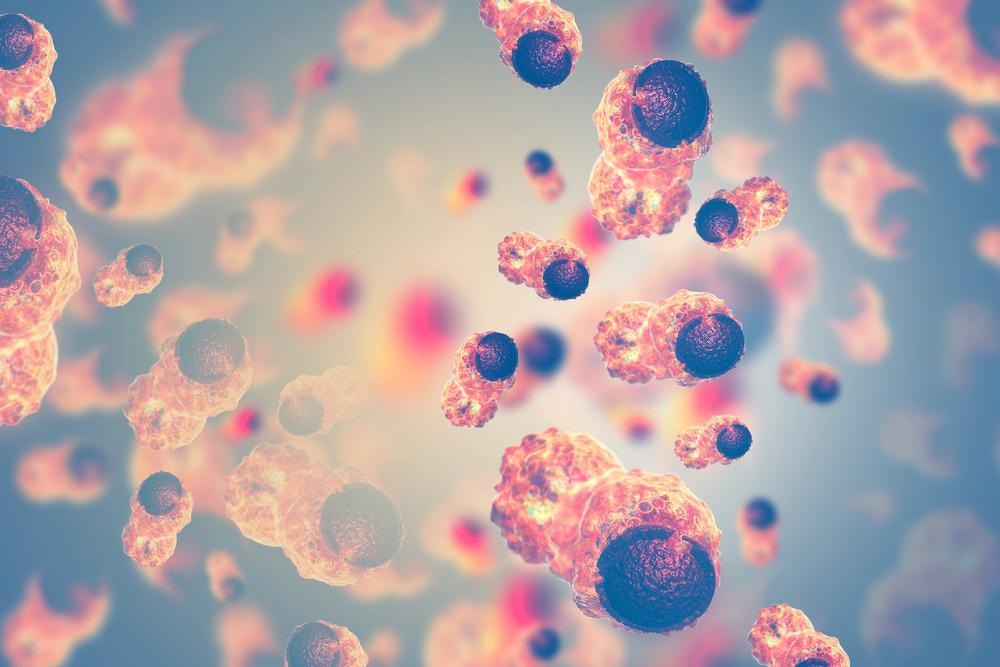Feb 18 2021
A cosmetic laser newly developed at Massachusetts General Hospital (MGH) can be used to enhance the effectiveness of specific anti-tumor therapies and expand their use to different types of cancer.

Image Credit: crystal light/Shutterstock.com
The study has been published in Science Translational Medicine and describes how the approach was tested and validated in mice.
Immune checkpoint inhibitors are crucial medications that promote the response of the immune system against different forms of cancers. However, only some patients seem to benefit from the drugs. The cancer cells of these patients usually have several mutations that can be identified as foreign by the immune system, triggering an inflammatory response.
Led by David E. Fisher, MD, PhD, director of the Mass General Cancer Center’s Melanoma Program and director of MGH’s Cutaneous Biology Research Center, a team of researchers performed experiments in mice with a poorly immunogenic melanoma not hindered by immune checkpoint inhibitors. Their aim was to extend the benefits of immune checkpoint inhibitors for more patients
They found that melanoma cells' exposure to ultraviolet radiation made them take on additional mutations, making immune checkpoint inhibitors more effective at increasing the immune response against the melanomas. Surprisingly, the improved response included an immune attack against non-mutated proteins in the tumor—a process known as “epitope spreading.”
Epitope spreading could be important because many human cancers do not have very high mutation numbers, and correspondingly do not respond well to immunotherapy, so a treatment that can safely target nonmutated proteins could be valuable.
David E. Fisher, Director, Cutaneous Biology Research Center, Massachusetts General Hospital
The team then set out to identify an alternative for the response induced by mutations after ultraviolet radiation because it is likely to be unsafe to add mutations to the tumor of a patient as part of a treatment approach.
We discovered that use of a cosmetic laser, also known as a fractional laser, developed at MGH, when shined on a tumor, could trigger a form of local inflammation that mimicked the presence of mutations, strongly enhancing immune attacks against nonmutated tumor proteins, thereby curing many mice of tumors that otherwise did not respond to immunotherapy.
David E. Fisher, Director, Cutaneous Biology Research Center, Massachusetts General Hospital
The study results show that the use of such a laser technique, or other techniques to improve immune responses against nonmutated targets on tumors, might render immune checkpoint inhibitors effective against cancers that are incurable at present.
This study was supported by the National Institutes of Health; the National Science Foundation; the Cancer Research Institute; the Leukemia and Lymphoma Society; Dr. Miriam and Sheldon G. Adelson Medical Research Foundation; the Evergrande Center for Immunologic Diseases; Cancer Research UK; the Mildred Scheel Grant of the German Cancer Society; the Filling the Gap Grant of the University of Zurich, Switzerland; and the Swiss National Science Foundation.
Journal Reference:
Lo, J. A., et al. (2020) Epitope spreading toward wild-type melanocyte-lineage antigens rescues suboptimal immune checkpoint blockade responses. Science Translational Medicine. doi.org/10.1126/scitranslmed.abd8636.